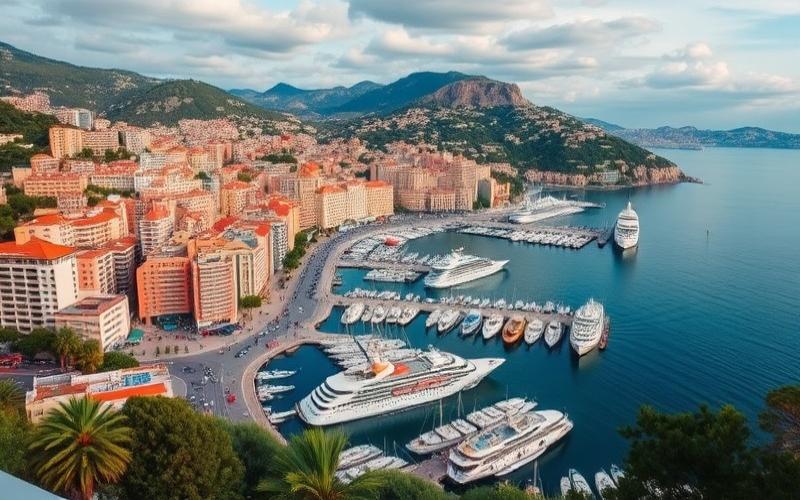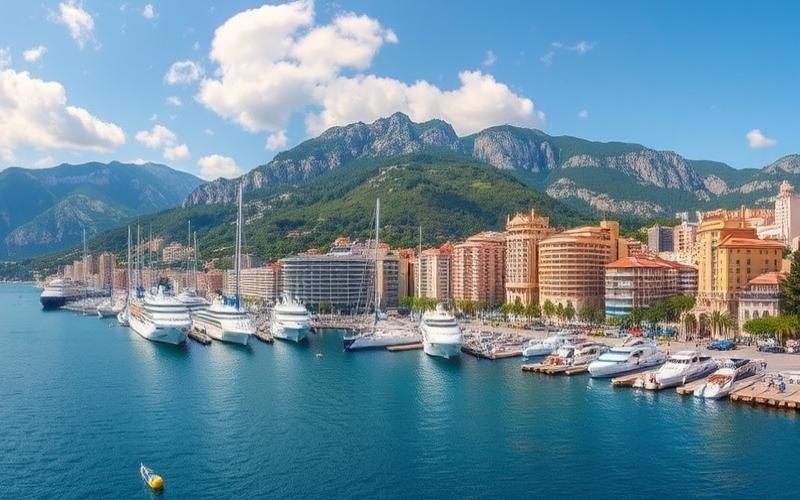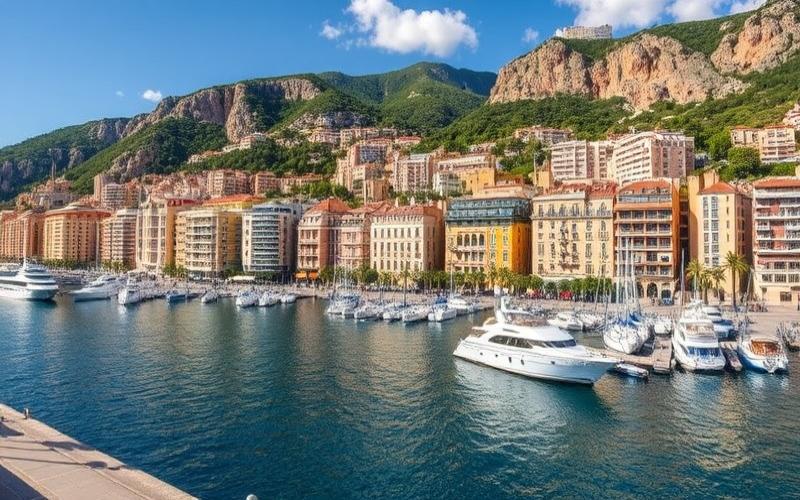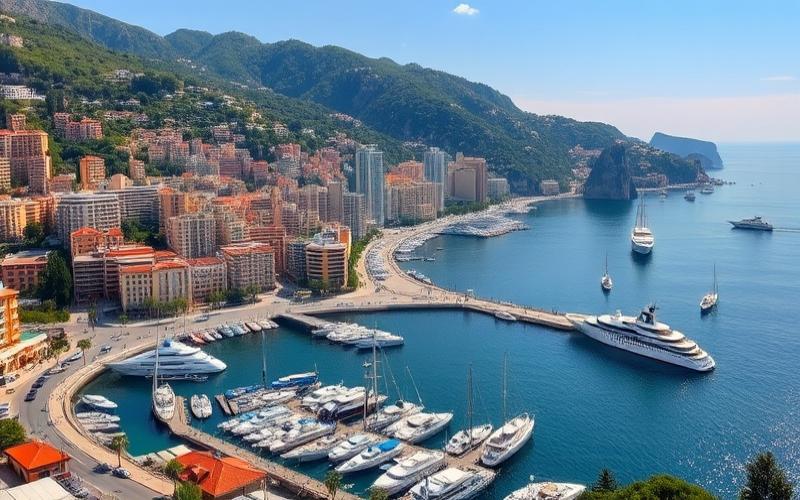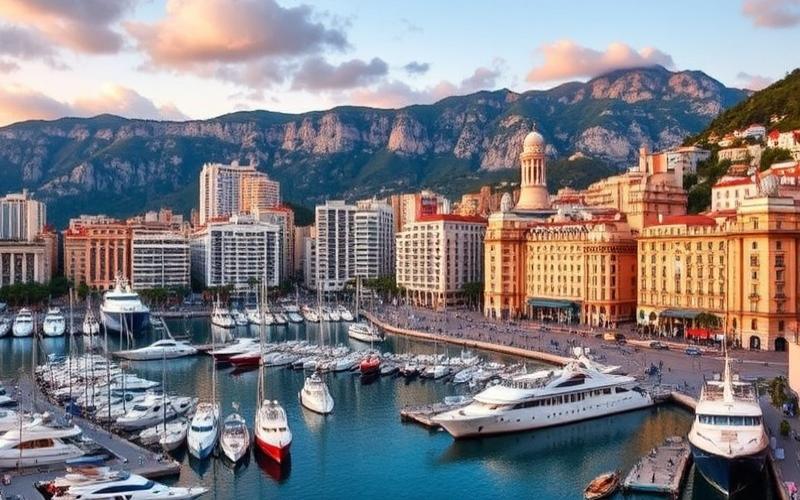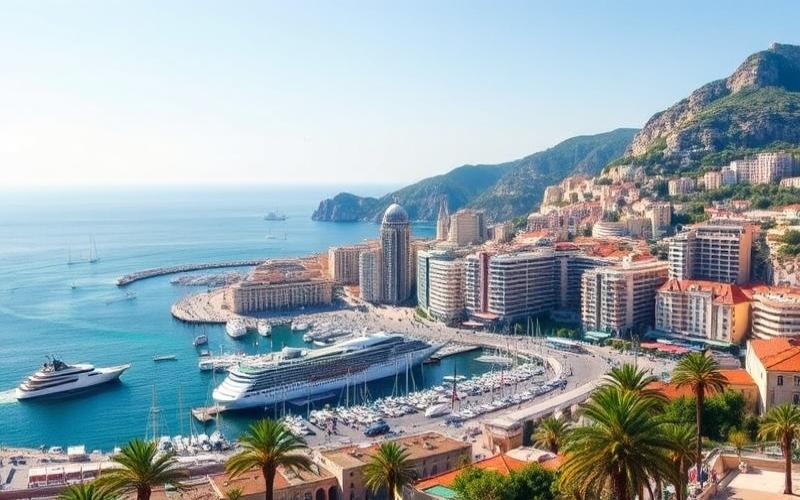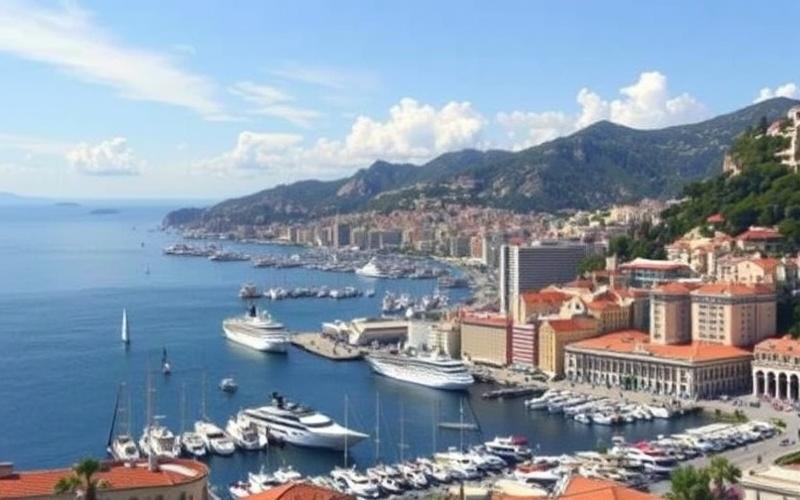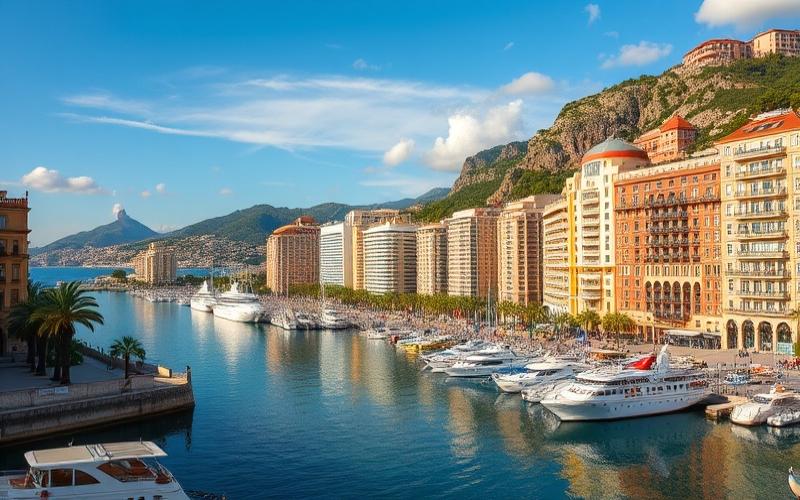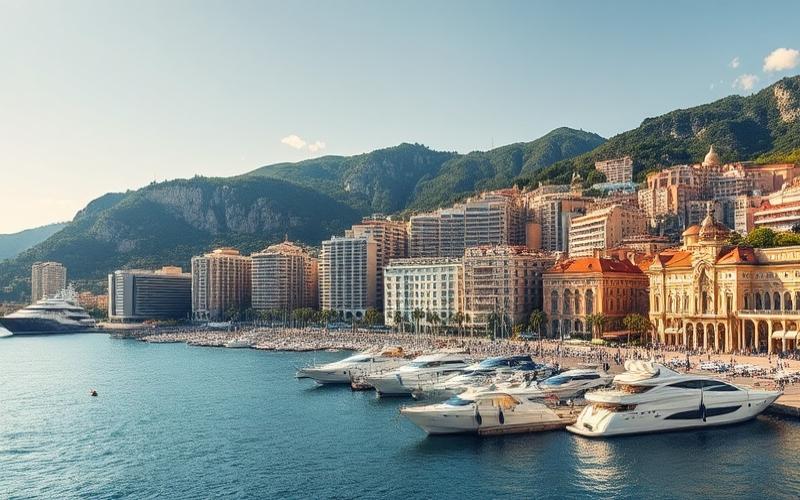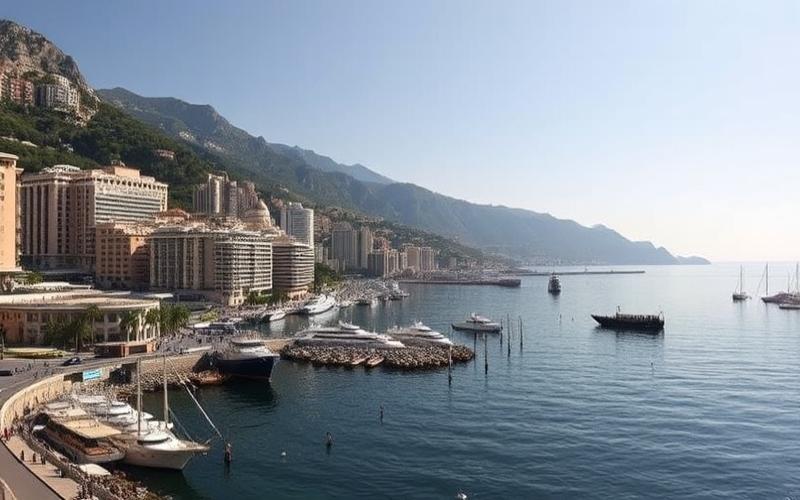
 Published on and written by Cyril Jarnias
Published on and written by Cyril Jarnias
Monaco, this small principality nestled on the French Riviera, is renowned for its luxurious lifestyle and thriving economy. But what about labor law in this micro-state? Let’s dive into the specifics of Monegasque social law, a system that combines employee protection with flexibility for employers.
Employment Contracts: Regulated Flexibility
Monegasque labor law offers a range of contracts adapted to the varied needs of businesses and employees. The permanent contract (CDI) remains the standard, providing valued stability in a dynamic job market. However, the principality has adapted to modern demands by offering flexible alternatives:
– Fixed-term contract (CDD): Limited to 24 months, it meets temporary business needs. – Temporary contract: Particularly used in tourism and event sectors. – Apprenticeship contract: Promoting youth employment integration.
A Monegasque particularity: the probation period can extend up to 6 months for executives, thus giving employers greater flexibility in their recruitment process.
Good to know:
Unlike France, Monaco has not yet integrated mutual termination into its legal framework. Discussions are underway for potential adoption in 2025.
Social Obligations: A Protective Yet Efficient System
The Monegasque social system stands out for its efficiency and extensive coverage. Employers are required to contribute to the Social Services Compensation Fund (CCSS), equivalent to French Social Security. This contribution covers:
– Health insurance – Family allowances – Unemployment insurance – Basic retirement
The overall contribution rate is approximately 28% of gross salary, a competitive level compared to other European countries. This relatively moderate social burden contributes to Monaco’s attractiveness for international businesses.
Good to know:
Non-resident workers (“commuters”) benefit from the same social rights as Monegasque residents, a specificity that strengthens the principality’s appeal for cross-border workers.
Compensation: High Living Standards with Attractive Salaries
Monaco stands out for particularly attractive compensation, reflecting the high cost of living and the desire to attract the best international talent.
The legal minimum wage, called SMIC in Monaco, amounts to 2,100 euros gross per month in 2025, making it one of the highest in Europe. This amount is regularly adjusted to account for inflation and local cost of living.
As for average salaries, they vary considerably by sector:
– In finance and banking: 5,000 to 8,000 euros gross monthly – In luxury hospitality: 3,500 to 6,000 euros gross monthly – In business services: 4,000 to 7,000 euros gross monthly
These high salaries are partly explained by the absence of income tax for Monegasque residents and French employees working in Monaco, a specificity that significantly increases workers’ purchasing power.
Good to know:
Bonuses are common in many sectors, particularly in finance and luxury hospitality, potentially representing up to 30% of total compensation.
Sought-After Skills: An Ever-Evolving Job Market
The Monegasque job market is constantly changing, reflecting the principality’s economic diversification ambitions. Traditional sectors like banking, real estate, and luxury tourism remain economic pillars, but new areas are emerging:
– Green technologies and sustainable development – Biotechnology and life sciences – Digital and cybersecurity
These developments translate into growing demand for highly qualified profiles. The most sought-after skills include:
– Financial expertise and wealth management – Foreign languages, with a premium for trilingualism (French, English, Italian) – Skills in sustainable development and CSR – Mastery of new technologies and artificial intelligence
Monaco invests heavily in continuing education, with specific programs to adapt workforce skills to future market needs.
Good to know:
The Monegasque government launched an ambitious “Monaco Skills 2030” program in 2024 aimed at anticipating and developing key skills for the economy of the next decade.
Unions and Workers’ Rights: Constructive Social Dialogue
Contrary to popular belief, union rights are well established in Monaco, though they present certain particularities compared to other European countries. The main active unions in the principality are:
– Union of Monaco Trade Unions (USM) – Union of State and Municipal Employees (SAEC) – Union of Principality Executives and Employees (SCEP)
These organizations play a crucial role in social dialogue, actively participating in collective bargaining and defending workers’ rights.
Fundamental workers’ rights are guaranteed by Monegasque law, including:
– Right to strike (regulated by specific procedures) – Protection against wrongful termination – Equal treatment and non-discrimination – Right to professional training
A Monegasque specificity: “national priority” in hiring. This provision, enshrined in the Constitution, gives priority to Monegasques for job access, followed by long-term residents. Although sometimes criticized, this measure aims to preserve social balance in a highly internationalized job market.
Good to know:
The Monaco Labor Court, composed of employer and employee representatives, plays a key role in resolving labor disputes, favoring conciliation before any litigation.
Conclusion: A Unique Model in Constant Evolution
Monegasque labor law is characterized by its ability to reconcile employee protection with business flexibility. This constantly evolving model helps maintain the principality’s economic attractiveness while guaranteeing a high level of social protection.
Future challenges include adapting the legal framework to new forms of work (telecommuting, freelancing) and integrating sustainable development issues into professional practices. Monaco, true to its tradition of innovation, will undoubtedly meet these challenges to remain at the forefront of social law in Europe.
Disclaimer: The information provided on this website is for informational purposes only and does not constitute financial, legal, or professional advice. We encourage you to consult qualified experts before making any investment, real estate, or expatriation decisions. Although we strive to maintain up-to-date and accurate information, we do not guarantee the completeness, accuracy, or timeliness of the proposed content. As investment and expatriation involve risks, we disclaim any liability for potential losses or damages arising from the use of this site. Your use of this site confirms your acceptance of these terms and your understanding of the associated risks.

